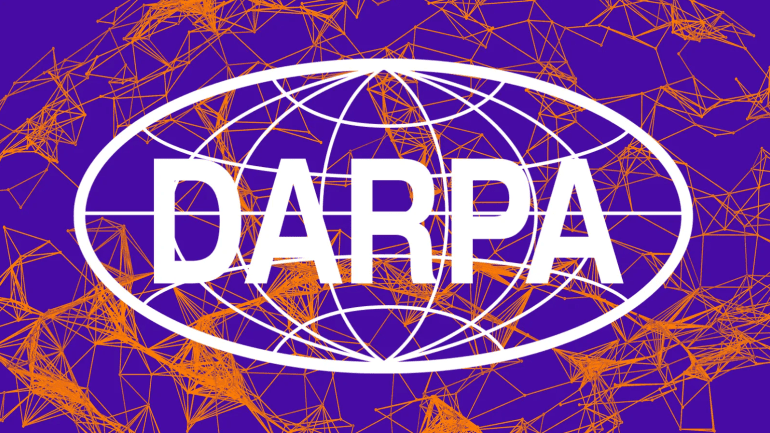- DARPA plans an information session on June 14 to discuss the AIQ initiative.
- The AIQ program aims to develop mathematical methods to ensure generative AI models’ efficacy in the Department of Defense.
- It will explore the integration of mathematical principles with advancements in modeling and assessment techniques.
- DARPA emphasizes the need to ascertain AI systems’ capabilities for widespread integration in military and societal contexts.
- The initiative comprises two technical areas: one focusing on foundational frameworks and the other on assessment methodologies.
Main AI News:
The Defense Advanced Research Projects Agency (DARPA) has scheduled an information session for June 14 aimed at engaging the industry in a forthcoming broad agency announcement. This announcement will focus on the development and validation of mathematical techniques to ensure the efficacy of generative artificial intelligence models employed throughout the Department of Defense.
DARPA announced its intention to launch the Artificial Intelligence Quantified (AIQ) initiative, designed to explore the feasibility of quantifying the capabilities of generative AI models through the integration of mathematical principles with advancements in modeling and assessment techniques.
“AI has demonstrated remarkable proficiency in various domains, such as text generation and strategic gaming, suggesting its potential for extensive integration within military and societal frameworks,” remarked Patrick Shafto, the AIQ program manager at DARPA. “At its core, our objective is to ascertain how AI systems can be endowed with the requisite attributes to effectively address a spectrum of challenges.”
The initiative will be structured into two key technical domains. Technical Area 1 will be dedicated to establishing foundational frameworks for comprehending and ensuring AI capabilities across different tiers. Concurrently, Technical Area 2 will concentrate on devising methodologies for assessing the performance of AI models.
Conclusion:
DARPA’s AIQ initiative underscores the growing importance of mathematical assurance in the deployment of AI technologies within defense and societal sectors. As the program seeks to establish robust frameworks and assessment methodologies, it signals a shift towards ensuring the reliability and efficacy of AI systems in addressing diverse challenges. This emphasis on assurance is likely to influence the development and adoption of AI solutions across various industries, promoting greater trust and confidence in AI-driven capabilities.

